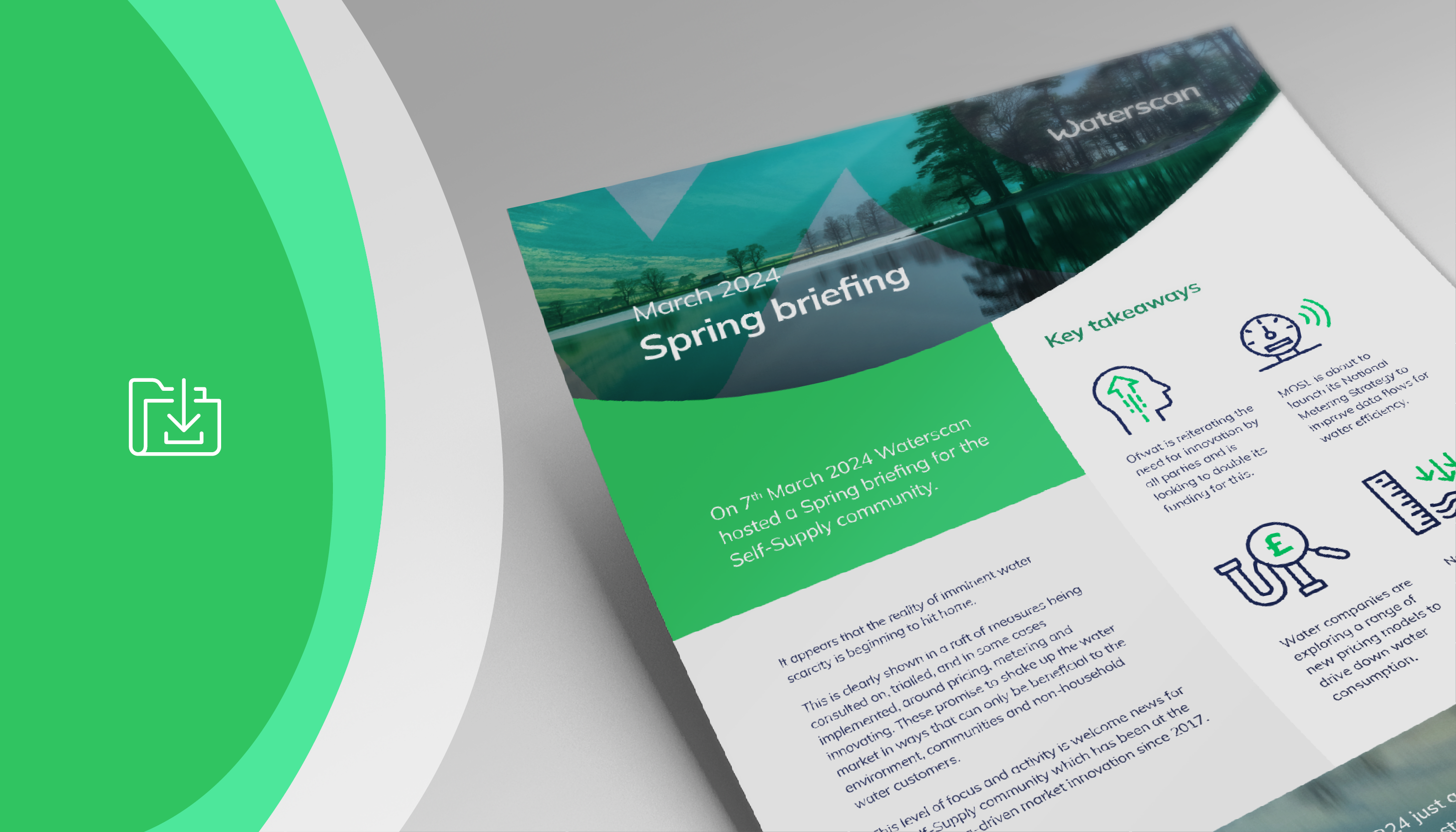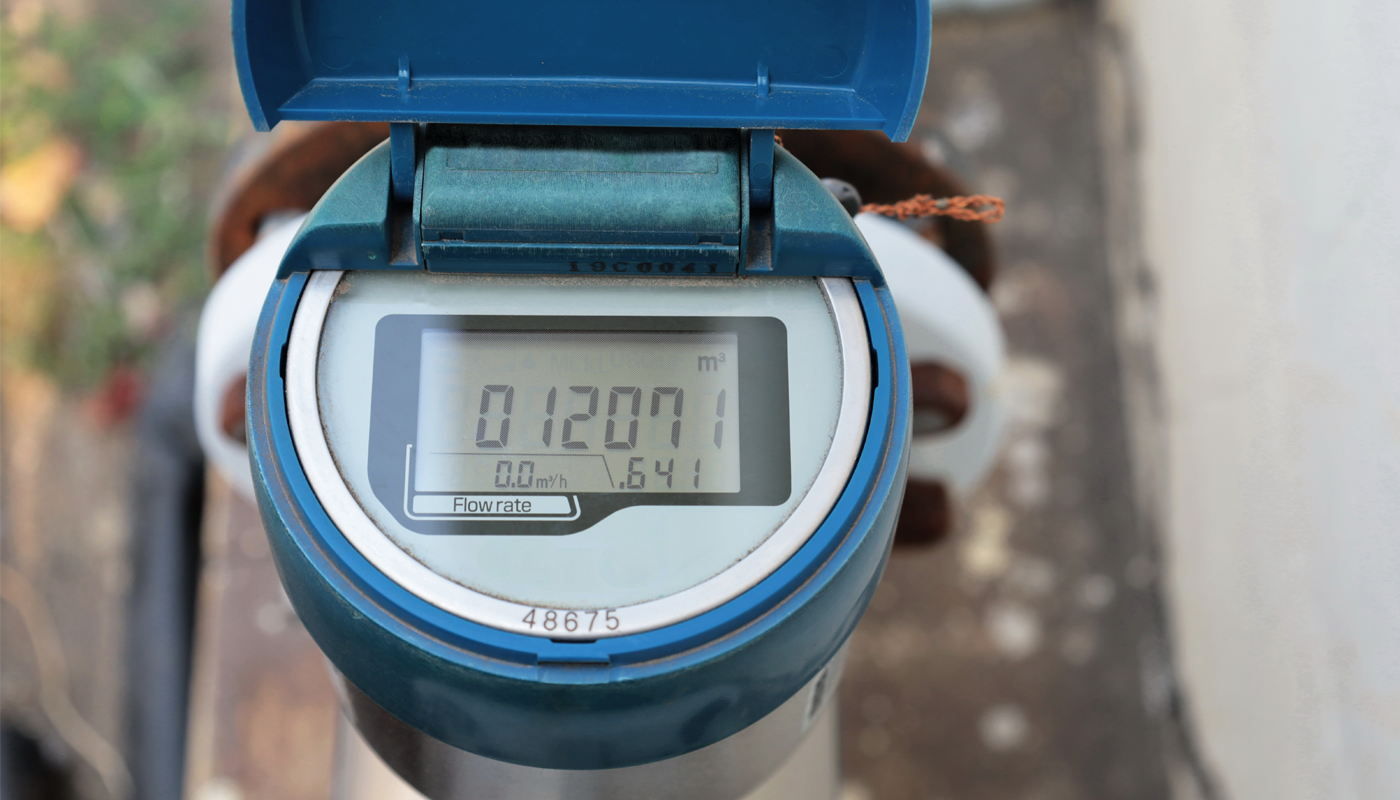The critical relationship between climate change and water resource management may not be immediately obvious to many, yet society cannot be net-zero unless it is more water efficient.
“Climate change is primarily a water crisis. We feel its impacts through worsening floods, rising sea levels, shrinking ice fields, wildfires and droughts.
However, water can fight climate change. Sustainable water management is central to building the resilience of societies and ecosystems and to reducing carbon emissions.”
United Nations Water1.
The water industry’s impact on greenhouse gases
The statistics speak for themselves:
- Globally, water use, storage and distribution are responsible for 10% of greenhouse gas (GHG) emissions2.
- In the UK, the water industry emits 2.4 million tonnes of CO2, largely through grid electricity use.
- Wastewater and sludge treatment processes emit biomethane and nitrous oxide, responsible for 20% of the UK waste sector’s GHG emissions3.
These impacts have long-been recognised but awareness was turned into an industry action plan in 2020 with the publication of a Net Zero 2030 Routemap4; a plan to decarbonise at scale and pace. The goal is to deliver a net-zero water supply to customers 20 years ahead of the national net-zero target that the government has set, saving an estimated 10 million tonnes of greenhouse gas.
This industry-wide target will require all trading parties including retailers and wholesalers to pull together. It is a shared commitment even though individual company contributions to the emission problem differ considerably due to variations in population density, water stress and demand patterns, and natural terrains. Therefore, the water sector’s journey to net-zero will be a complex one. It will require each company to design and implement a bespoke solution based on its location and capabilities, yet it will also demand much higher levels of collaboration to achieve desired outcomes. Sharing insights with peers and with the businesses they serve will be a critical success factor.
Businesses acting on water are acting on climate change
The same is true for all business water customers working towards their own net-zero milestones, for whom supply chain complexity is a given and collaboration the norm. What many might have overlooked though, is the incremental progress they could make towards net-zero by incorporating proactive water reduction strategies into their plans.
The spring financial year-end reporting cycle will roll round quickly for many organisations now, and with this, requirements for ESG progress updates and mandatory disclosure through TCFD. It will be interesting to note how many are integrating water efficiency into their net-zero programmes when this information is publicly available.
Around the world, the signs are encouraging. Global disclosure experts CDP reported that just under 4,000 companies disclosed on water in 2022 compared to just 345 a decade before, an increase in excess of 1000%5. Investor interest is almost certainly playing an important role here given that the financial impact of water risks is estimated to be five times greater than the cost of addressing them6.
Some businesses are ahead of the curve, moving further than net-zero with pledges to become water net positive. These include Amazon Web Services, Microsoft and Quorn, which has now begun to incorporate its low water footprint into advertising. Here in the UK, companies like Sainsbury’s and Whitbread are taking a leadership position. The hope is that the work that these companies are undertaking will generate the necessary awareness and drive for proactive water stewardship in others. Importantly too, they must share learnings about what initiatives worked well and less well within their organisations if they are to make a meaningful contribution to continual improvement at scale.
Rebecca Gale, Waterscan’s Head of Sustainability says, “If your organisation’s progress towards net-zero has slowed, kickstart it by taking a fresh look at your water impacts. Once you’ve got visibility of the water challenges and opportunities that exist within your organisation, a defined pathway to greater efficiency becomes clear and achievable and with this, positive emission reductions.”
Waterscan’s market-leading, fully comprehensive suite of water consultancy services, Water Strategy and Reporting and Disclosure, are designed to help companies build resilience to water risks, improve efficiency and reduce costs. All services – including water strategy reports, water policies, water impact assessments, water efficiency and risk reports, gap analysis as well as support with ESG reporting and disclosure – navigate the way to water neutrality, and beyond.
References
- https://www.unwater.org/water-facts/water-and-climate-change
- https://www.water.org.uk/news-views-publications/news/global-water-industry-net-zero-commitments-top-72-million-people
- Net_Zero_Principles_Position_Paper_Jan_2022.pdf (ofwat.gov.uk)
- Net Zero 2030 Routemap | Water UK
- https://www.cdp.net/en/companies/companies-scores#ada274e5ea79c356f7ce239af01a90b5
- CDP Global Water Report 2020




